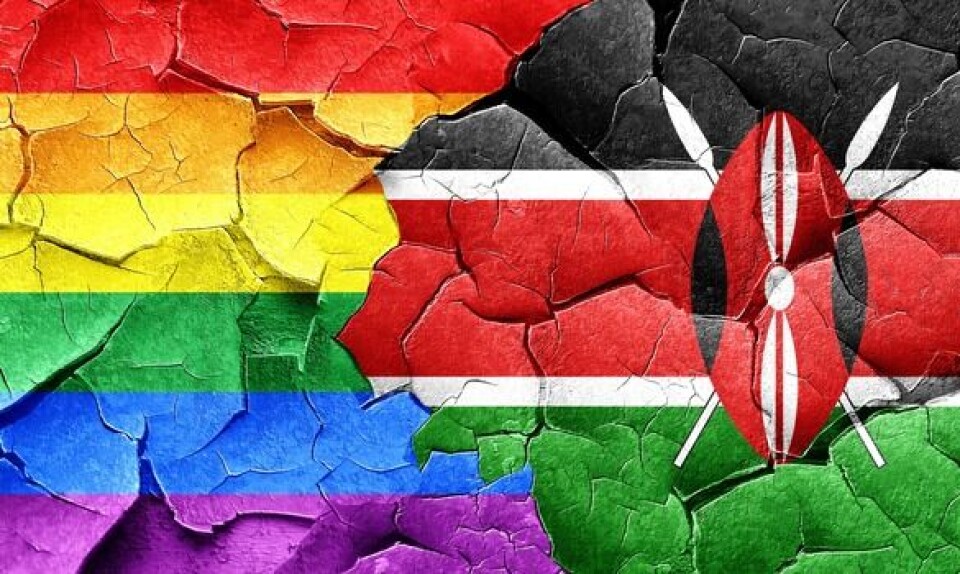Lesbian, gay, bisexual, transgender and queer (LGBTQ) people have been facing opposition from government agencies which refused to register their associations, but that is set to change following the judgement that they should not be discriminated against on the basis of sexual orientation.
“Just like everyone else, LGBTQ have a right to freedom of association which includes the right to form an association of any kind. It would be unconstitutional to limit the right to associate, through denial of registration of an association, purely on the basis of sexual orientation,” ruled the judges.
The decision was made by a majority of three judges against two, where judges Philomena Mwilu, Smokin Wanjala and Njoki Ndungu gave LGBTQ persons the green light to register their associations, with judges Mohamed Ibrahim and William Ouko dissenting.
Two other judges, Chief Justice Martha Koome and Isaac Lenaola, disqualified themselves from the case since they had previously handled the matter at the High Court and the Court of Appeal before their promotions to the apex court.
According to the majority decision, an interpretation of non-discrimination which excludes people based on their sexual orientation would conflict with the principles of human dignity, inclusiveness, equality, human rights and non-discrimination.
“We find that the government interference with LGBTQ’s rights to freedom of association did not pursue any legitimate aim such as national security or public safety, prevention of disorder or crime, protection of health and morals, and protection of rights and freedom of others,” the judges ruled.
Although the decision opened a new dawn in recognising LGBTQ people’s rights of association, they will still have to keep their activities clandestine since the judges said they can still be prosecuted for violating Sections 162, 163 and 165 of the Penal Code which criminalise gay and lesbian liaisons.
“It should be noted, however, that all persons, whether heterosexual, lesbian, gay, intersex or otherwise, will be subject to sanctions if they contravene existing laws, including Sections 162, 163 and 165 of the Penal Code,” stated the judges.
These sections of the Penal Code provide that any person who has carnal knowledge of any person against the order of nature; or any male person who commits any act of gross indecency with another male person is guilty of a felony and is liable to imprisonment for 14 years.
The long court battle started in 2012 when LGBTQ rights activist Eric Gitari sued the Non-Governmental Organizations (NGO) Coordination Board when it declined his application to register any association to champion the rights of homosexuals, transgenders and bisexuals in Kenya.
The Supreme Court declared that by refusing to register the associations, LGBTQ persons were convicted before they contravened the law and that the actions were retrogressive as it amounted to violation of Article 36 of the Constitution which provides for the right to freedom of association.
To join Africa Legal's mailing list please click here

